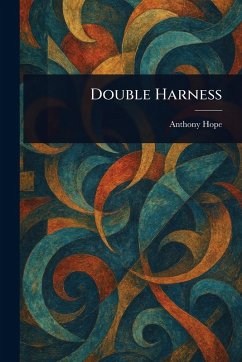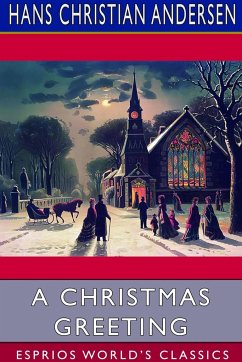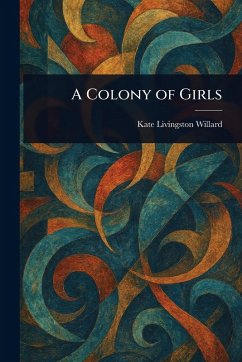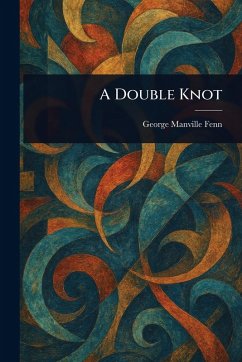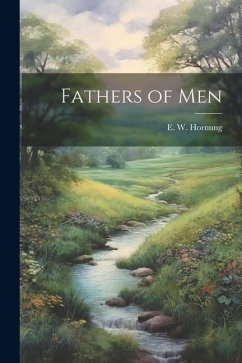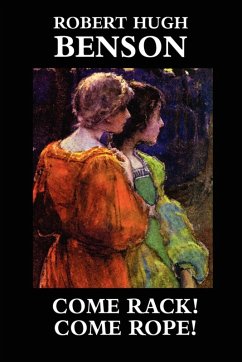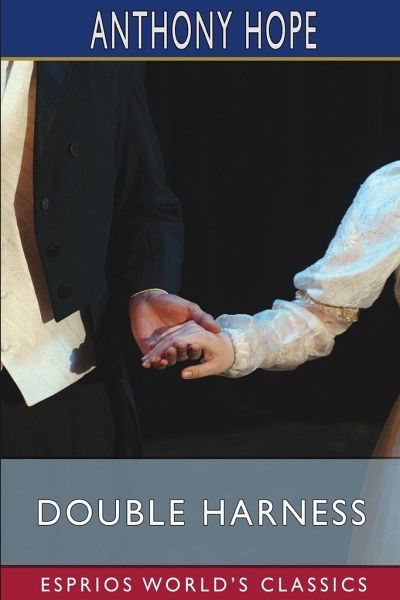
Double Harness (Esprios Classics)
Versandkostenfrei!
Versandfertig in 1-2 Wochen
27,99 €
inkl. MwSt.
Weitere Ausgaben:

PAYBACK Punkte
14 °P sammeln!
Sir Anthony Hope Hawkins, better known as Anthony Hope (9 February 1863 - 8 July 1933), was a British novelist and playwright. He was a prolific writer, especially of adventure novels but he is remembered predominantly for only two books: The Prisoner of Zenda (1894) and its sequel Rupert of Hentzau (1898). These works, "minor classics" of English literature, are set in the contemporaneous fictional country of Ruritania and spawned the genre known as Ruritanian romance, books set in fictional European locales similar to the novels. Zenda has inspired many adaptations, most notably the 1937 Hol...
Sir Anthony Hope Hawkins, better known as Anthony Hope (9 February 1863 - 8 July 1933), was a British novelist and playwright. He was a prolific writer, especially of adventure novels but he is remembered predominantly for only two books: The Prisoner of Zenda (1894) and its sequel Rupert of Hentzau (1898). These works, "minor classics" of English literature, are set in the contemporaneous fictional country of Ruritania and spawned the genre known as Ruritanian romance, books set in fictional European locales similar to the novels. Zenda has inspired many adaptations, most notably the 1937 Hollywood movie of the same name and the 1952 version.




